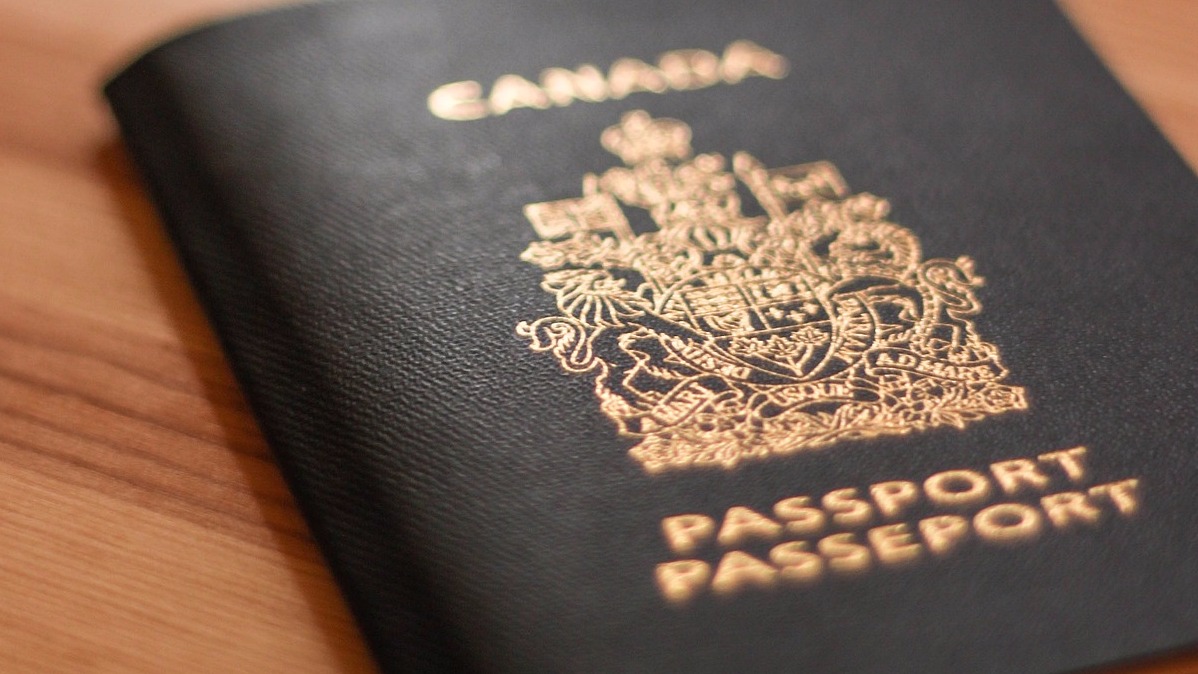An individual will typically have dual citizenship if they are born in a country outside of the United States. There are some cases where a U.S.-born citizen decides to obtain dual citizenship in another country. Under the current Adjudicative Guidelines, dual citizenship alone is not disqualifying. A dual national should consider obtaining advice from a security clearance attorney to discuss foreign preference and influence matters.
The Adjudicative Guidelines and the whole person concept are essential considerations that may not disqualify an applicant or current security holder. The U.S. Government will examine the country’s political views, prior negative and positive relations with the U.S., and whether the country is considered an ally or threat to the U.S.
The U.S. Government will also determine your relationship with the country. Specifically, the government will look to determine familial ties, property ownership, banking, and financial connections. An applicant who reduces their footprint in the country is less likely to raise concern. However, constant trips, money wires, property acquisitions, and political ties to the country will raise concerns.
It is imperative to be truthful when self-reporting foreign citizenship. Concealing this information will only cause further issues and raise ethical and moral concerns that make it difficult to argue before an administrative judge.
If you have questions or concerns about your security clearance, contact the Office of Asya Hogue, Esq., at ahatlaw.com, asya@ahatlaw.com, or call (904) 884-5891.
